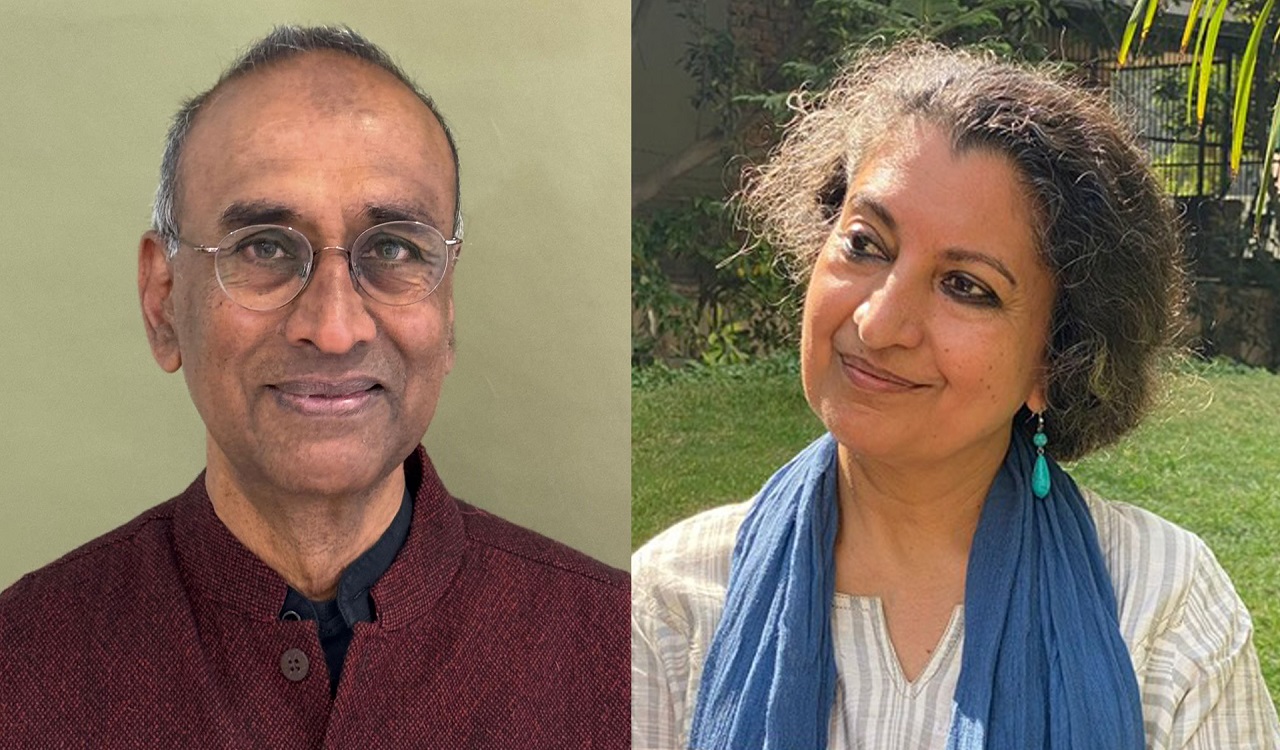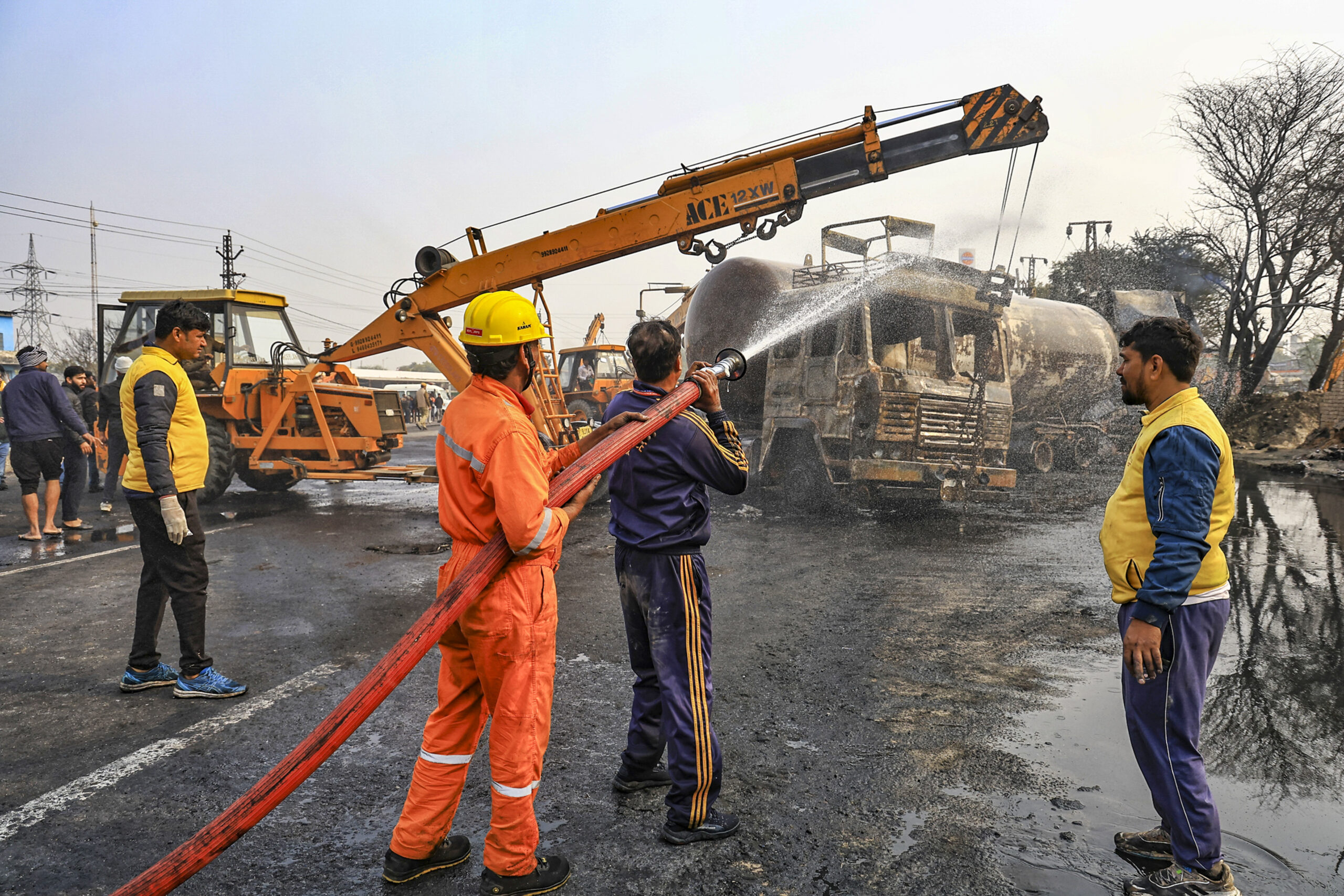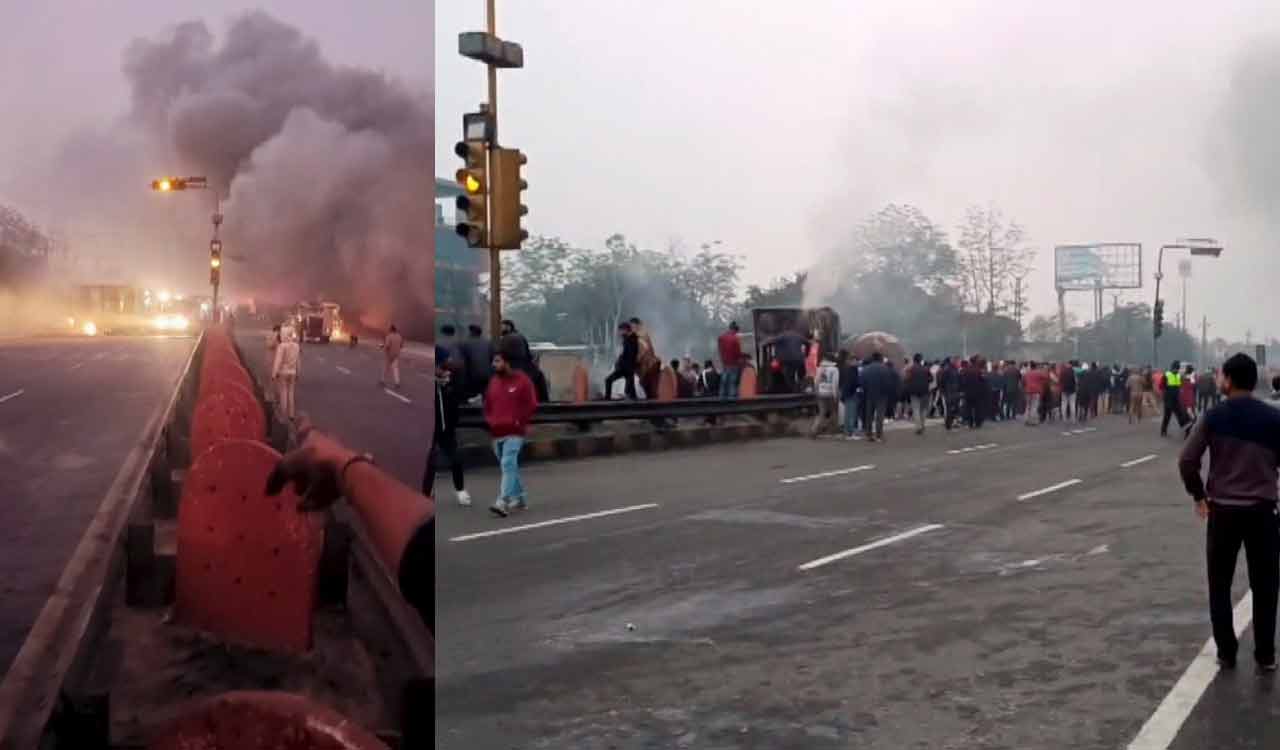Jaipur Literature Festival’s 18th Edition has interesting, diverse discourses in the offing
The upcoming edition promises to foster dialogue, bridge divides, and spotlight diverse perspectives with a carefully curated line-up. Check out what the Indian segment of the festival has to offer

With an ever-evolving legacy, the festival is a crucial platform of local and global voices. The upcoming edition promises to foster dialogue, bridge divides, and spotlight diverse perspectives with a carefully curated line-up. With over 300 eminent speakers, this year’s festival will feature debate, discourse, and stories.
Check out what the Indian segment of the festival has to offer:
India’s First Diplomats
Nehruvian foreign policy and the first line of diplomats who walked the line between internal consolidation and external threat are explored in rich detail in journalist Kallol Bhattacharjee’s ‘Nehru’s First Recruits: The Diplomats Who Built Independent India’s Foreign Policy’. In this session, which explores how the diplomat becomes pivotal to the process of statecraft, Bhattacharjee will be in conversation with former High Commissioner of India to Pakistan TCA Raghavan, author and former diplomat Navtej Sarna, former assistant secretary-general at the UN Lakshmi Puri and former High Commissioner of India to Canada, Vikas Swarup.
Our City That Year
International Booker Prize-winner Geetanjali Shree allows glimpses of startling insight into the fragmented atmosphere and psyches of a society, of friends and individuals, marked by the divisiveness of communalism, in ‘Hamara Shahar Us Baras’, translated into ‘Our City That Year’ by International Booker Prize-winning translator Daisy Rockwell. At this session, Shree speaks about how her novel tells the story of any city, any year, at a time when sectarian divides are globally on the rise.
The Personal Is Political: An Activist’s Memoir
Award-winning activist Aruna Roy’s powerful memoir, ‘The Personal Is Political’, captures her profound engagement with public service in India along with her personal journey through the decades. In this session, she discusses the pivotal moments from her life, including her leadership in passing the Right to Information Act, impelling the government to be transparent about their actions, her contribution to empowering local communities in Tilonia at the Social Work and Research centre.
Why We Die: The New Science of Ageing and the Quest for Immortality
Nobel laureate and structural biologist Venki Ramakrishnan’s new book, ‘Why We Die’, examines the human fascination and fear of death. Spanning across the frontiers of biology and scientific research, Ramakrishnan questions mortality and the transformation that takes place within human physiology. In conversation with Roger Highfield, Ramakrishnan evaluates the cheat code of human existence and the quest for immortality.
Amol Palekar: The Viewfinder
In his memoir ‘The Viewfinder’, iconic actor-director Amol Palekar reflects on his life and career, offering a deeply personal look at Indian cinema and creativity. Joined by filmmaker Sandhya Gokhale, he shares candid stories and insights with Festival producer and managing director, Teamwork Arts, Sanjoy K Roy, taking readers and listeners on a journey through the evolution of storytelling, art, and performance in Indian cinema.
Two Sages: Gandhi and Tolstoy
Mahatma Gandhi and Leo Tolstoy were contemporaries and had a long friendship, exchanging letters despite never meeting in person. Gandhi was deeply influenced by Tolstoy’s ‘The Kingdom of God is Within You’. In this compelling session, their distinguished descendants, Gopalkrishna Gandhi and Daniil Tolstoy, reflect on the inheritance of ideas and the enduring legacies of the two iconic thinkers, exploring their relevance both in the past and present.
To view the full programme, please visit: https://jaipurliteraturefestival.org/ .
Related News
-
21 dead as Mozambique erupts in violence after election court ruling
10 mins ago -
Cartoon Today on December 25, 2024
8 hours ago -
Sandhya Theatre stampede case: Allu Arjun questioned for 3 hours by Chikkadpallly police
8 hours ago -
Telangana: TRSMA pitches for 15% school fee hike and Right to Fee Collection Act
8 hours ago -
Former Home Secretary Ajay Kumar Bhalla appointed Manipur Governor, Kerala Governor shifted to Bihar
9 hours ago -
Hyderabad: Organs of 74-year-old man donated as part of Jeevandan
9 hours ago -
Opinion: The China factor in India-Nepal relations
9 hours ago -
Editorial: Modi’s Kuwait outreach
9 hours ago




